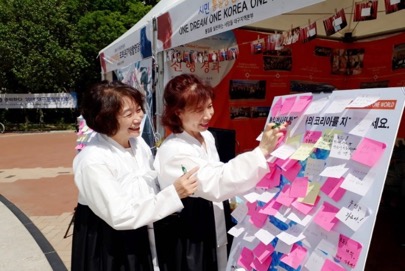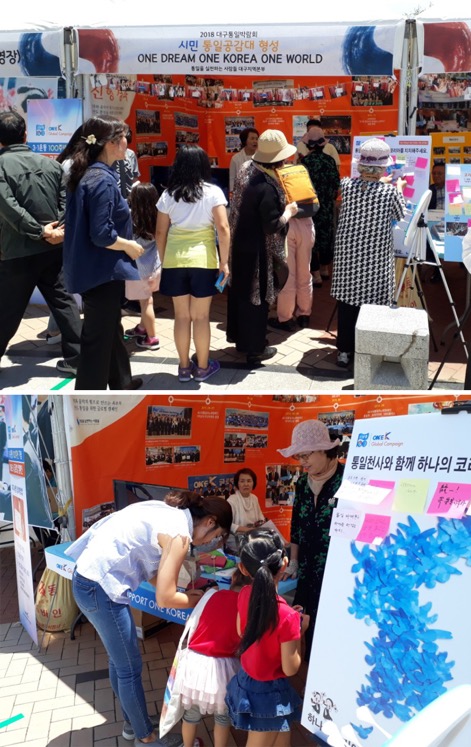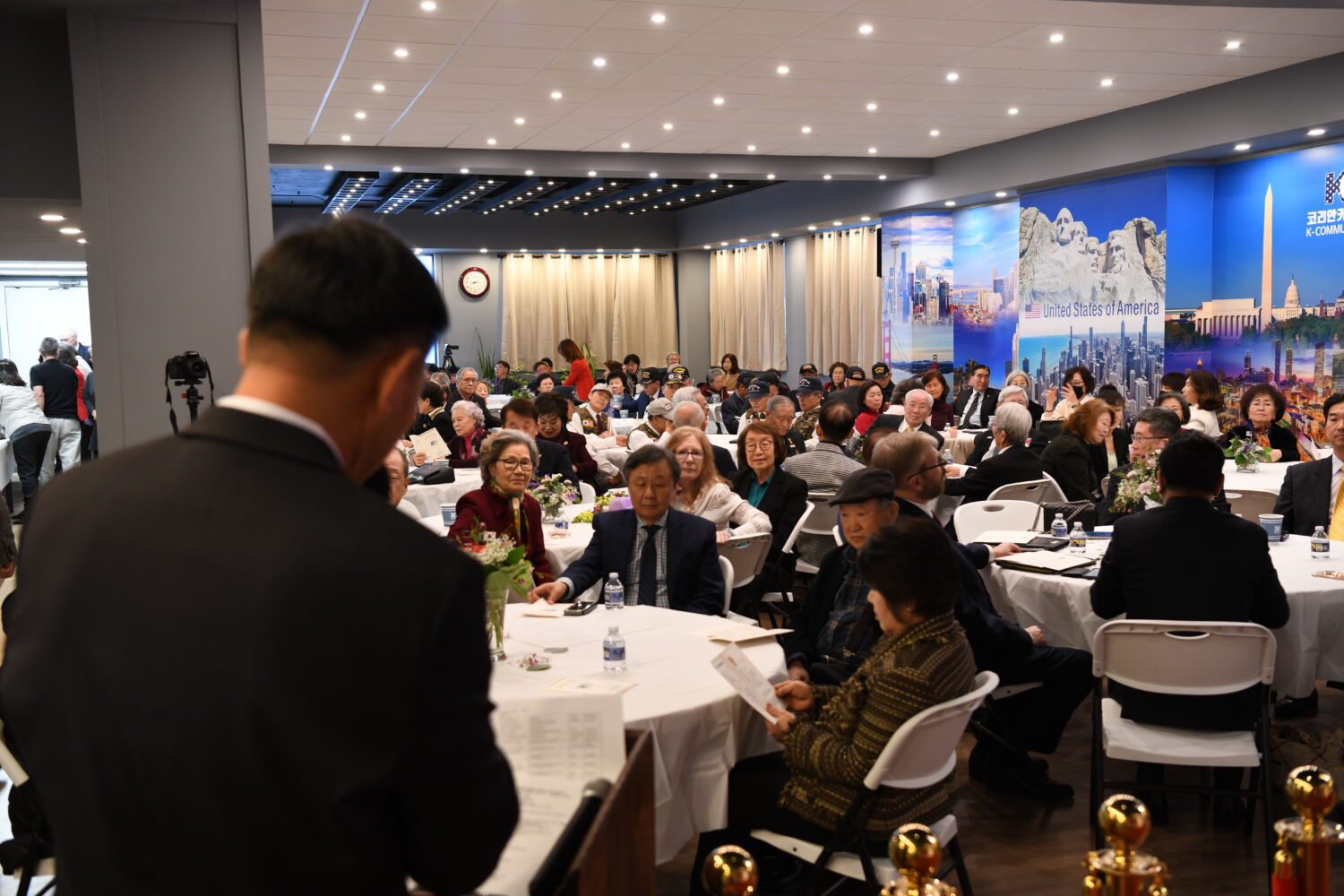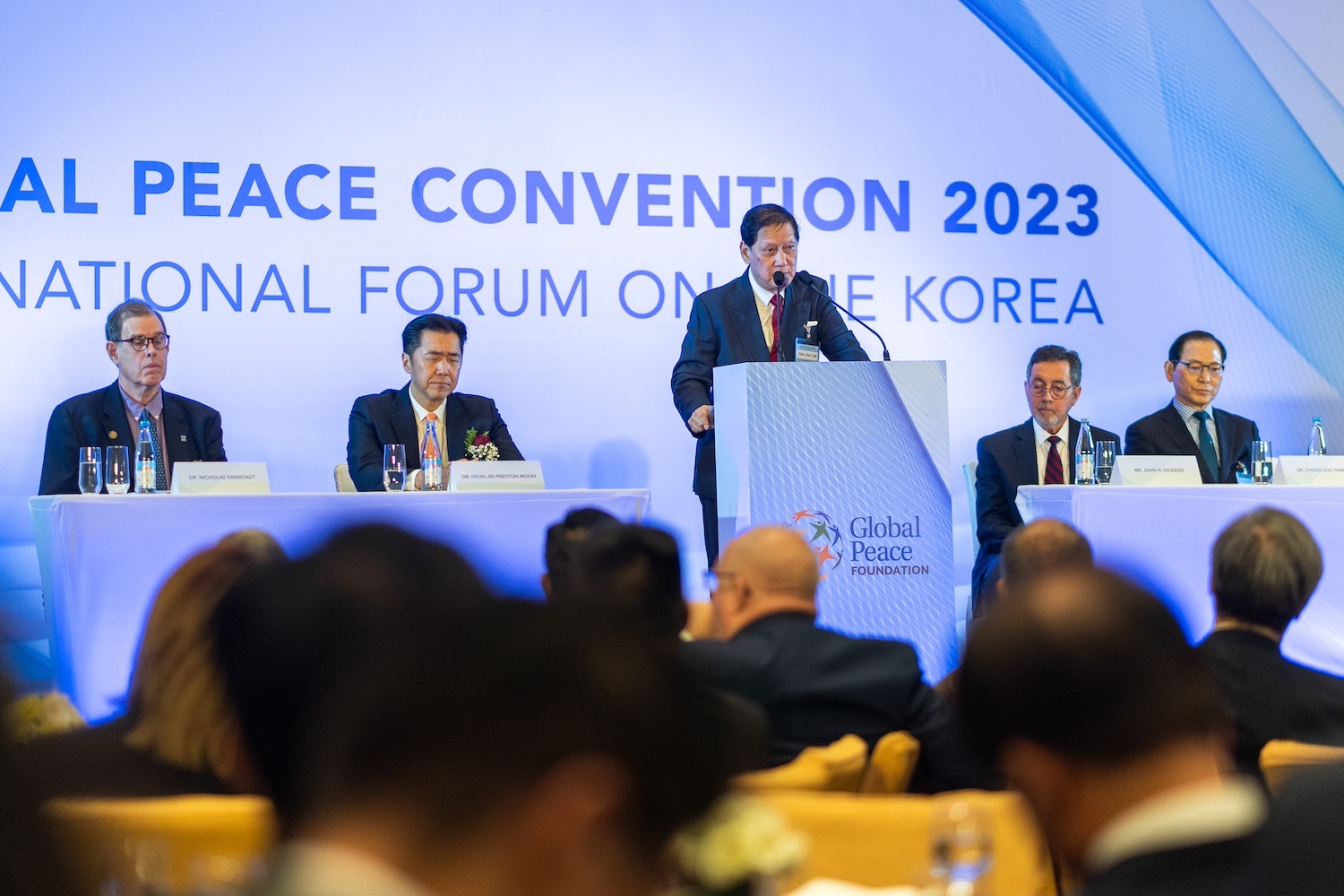Korea was on the verge of losing its national sovereignty to colonial powers in 1907 when ordinary citizens came together in an act of patriotism. Koreans across the nation voluntarily made donations to pay off the huge national debt to Japan and thus attempt to save their national sovereignty. This large-scale grassroots effort, known as the National Debt Redemption Movement, started in the town of Daegu when residents held a rally to launch a fundraising campaign. Newspapers covered the rally and subsequent activities which raised public awareness of the campaign.
Koreans from all stations in life, including students, scholars, merchants, wealthy landowners, laborers, religious leaders, house wives, and high-ranking officials lined up to make donations at collection centers in major cities across the nation. Notoriously, men gave up smoking and drinking and women sold jewelry to enable them to fulfill their civic duty and donate to the campaign.
Though Korea sadly lost its sovereignty to colonial powers in 1910, the sense of shared civic responsibility in the consciousness of the Korean people was exemplary; it transcended political, religious and socioeconomic statuses and greatly influenced Korea’s response to the 1997 Asian financial crisis when citizens donated gold to the government to pay off national debts.

Women show support for Korean reunification at Unification Fair
In 1998, Daegu established a Memorial Park to commemorate the patriotism of citizens in the National Debt Redemption Movement, and in the summer of 2018, over 100 years since the exemplary act of patriotism, the Daegu Metropolitan government and the Daegu Unification Education Center hosted a Unification Fair at the park to promote another patriotic cause: the reunification of the Korean peninsula.
Jae-kyung Jeon, head of the Daegu Metropolitan Government, offered remarks at the opening ceremony of the fair. “It is very important to lay the foundation for reunification in the local government as well as the central government. I will continue to provide active support for this.”
Alongside other civic organizations and North Korean defectors, a representative of the Daegu branch of Action for Korea United (AKU) participated in the fair and expressed, “Just as the National Debt Redemption Movement began in Daegu and spread throughout the country, we will encourage people to join forces in Daegu to spread the wave of the reunification movement across the country.”

Unification Fair at Daegu Memorial Park
AKU took the opportunity to bring attention to its One Korea Global Campaign, a grassroots movement to promote peaceful Korean reunification, and had a banner with the slogan: Forming Consensus on Reunification – One Dream, One Korea, One World.
This monumental endeavor for reunification calls for the level of civic responsibility that the Korean people all around the nation demonstrated during the National Debt Redemption Movement. Women saved money on food groceries and even poor civilians donated with funds they raised through straw shows they put on and firewood they gathered and sold. As Koreans rose to the occasion at a time of crisis, they exhibited an admirable level of service and self-sacrifice to protect their sovereignty. This ideal of sincerity, “jeong seong,” is deeply imbedded in Korean culture and family life and manifests itself at home, work, and the public sphere.
Jung-bae Lim, Secretary General of the Daegu branch of AKU, invited Fair participants to join the global reunification campaign and actively take part in grassroots efforts to shape the destiny of their nation. Mr. Lim shared, “It was valuable to see citizens who were willing to participate in the campaign. We will continue to raise awareness of reunification and expand the campaign after the fair.”
Participants also showed great interest as they explored other booths at the Unification Fair including various performances by a South and North Korean art troupe, the opportunity to learn North Korean songs, a quiz contest for the North Korean language, and a tasting of North Korean food.



